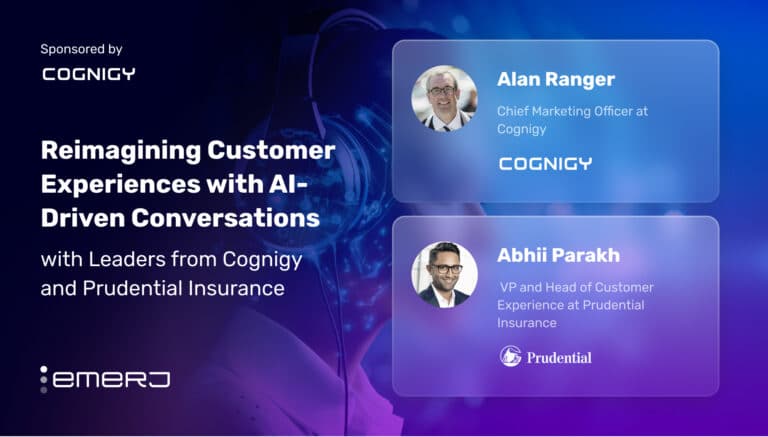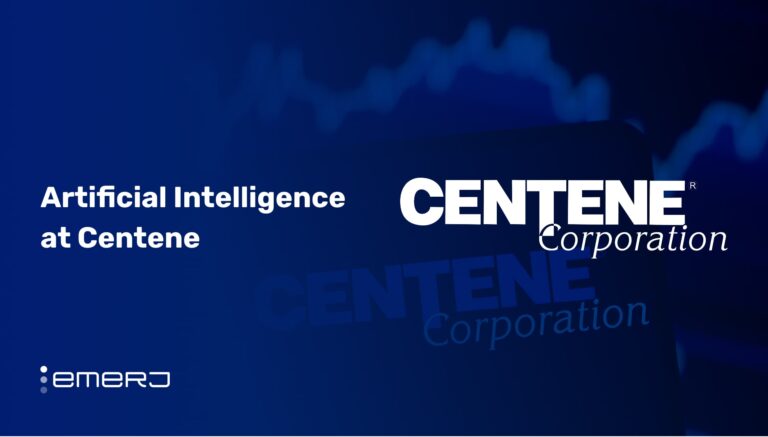Transparency in AI is a major hurdle for businesses, particularly in the financial services industry. Generative AI (GenAI) models, particularly non-deterministic models, are often viewed as “black boxes,” making it difficult to understand the underlying decision-making processes.
Due to this black box risk, banks can experience multiple types of AI incidents, including system glitches, data bias, and algorithm bias. As a result, the average short-term cumulative abnormal returns (CARs) loss for banks and other financial institutions is -21.04%.
This poses significant concerns for financial services organizations, particularly regarding risk management, regulatory compliance, and customer trust. Data bias can further compound these issues because it has the potential to harm humans.
Businesses in the financial services sector need to be able to explain AI outcomes. Failing to do so can result in reputational damage, regulatory fines, and class-action lawsuits. An article published in Information Fusion notes that a model must be trustworthy if it is to be embraced by end-users and industries.
Emerj Senior Editor Matthew DeMello recently sat down with Yohannes on the ‘AI in Business’ podcast to discuss the changing role of endpoint storage in driving new AI capabilities.
The following article will focus on two key takeaways from their conversation:
- Driving GenAI in enterprises through a ‘TIE’ framework: Using GenAI to improve research and decision-making in areas like fraud detection by emphasizing transparency, interpretability, and explainability.
- Acknowledging the importance of data control for financial leaders: Controlling data governance to reduce bias in AI models and meet regulatory requirements.
Listen to the full episode below:
Guest: Yonas Yohannes, CTO of FinTech and FIS at Oracle
Expertise: Cloud technology, applied AI application development, strategic leadership
Recognition: Yohannes has a Master of Business Administration from Vanderbilt University and a PhD in Bioengineering and Biomedical Engineering.
Driving GenAI in Enterprises Through a ‘TIE’ Framework
When asked about the concrete benefits of first-generation and deterministic AI models and newer, more advanced second-generation AI models and how the advancements, particularly in GenAI, are benefitting modern businesses, Yohannes provided insight.
He thinks that over the last 20 years, we’ve proven the value of AI meaningfully and acknowledges that most of the current hype is directed at GenAI. Yohannes goes on to explain that AI projects over the years have had massive adoption on the consumer side, a sufficient adoption rate, and experimentation on the business side for large enterprises in particular. Throughout, he emphasizes that we’re now moving far past the experimentation phase.
He mentions how GenAI is proving to be incredibly valuable in improving problem-solving across industries, including:
- Financial services: Particularly in banking, insurance, and fintech, where promising use cases are emerging
- Scientific and healthcare sectors: For improving research and decision-making in healthcare services
- Personalized services: AI is used in banking to open and onboard accounts, originate loans, and identify anomalies to aid fraud detection.
Yohannes thinks a lot of the experimentation is moving to production and explains how even though large financial institutions are integrating AI technologies into their operations, most of their AI projects are still earmarked for internal use. He explains how JPMorgan Chase initially released its proprietary LLM suites to 50,000 analysts and expanded access to 145,000 employees.
He goes on to mention what companies need to focus on when creating solutions that clients in financial services should look for and refers to these critical qualities as the TIE principle: Transparency, Interpretability, and Explainability, which ultimately allows banks to deliver trustworthy solutions to their customers:
- Solutions must be transparent and can’t be a black box
- Have the ability to explain it
- Have the ability to defend it
Acknowledging the Importance of Data Control for Financial Leaders
When asked about his perspective on the current state of hybrid strategies and what financial leaders should understand, particularly about endpoint storage options in terms of implementing them for various AI use cases, Yohannes elaborates.
Yohannes explains how AI drives the need for more advanced infrastructure, particularly endpoint storage. He identifies several key components to implement AI solutions effectively:
- GPU-powered compute: Needed for training and running LLMs
- Data needs: Access to proprietary data, particularly for the financial services industry
- Agentic infrastructure: Retrieval-augmented generation (RAG) helps make AI responses more targeted and specific
He emphasizes the growing shift toward cloud-based storage solutions because they offer scalability, speed, and efficiency. Additionally, Yohannes emphasizes the need for effective data management, including prioritization of data governance to ensure data is secure and governed properly with strong privacy controls.
According to Yohannes, traditional AI and ML tools are increasingly important in detecting anomalies and analyzing endpoint telemetry. Unified endpoint management is essential to maintaining security, particularly in the context of zero-trust frameworks. Object-storage endpoints play an important role in AI implementations, providing quick access to large datasets.
According to Yohannes, financial services institutions and fintechs increasingly focus on building their own LLMs. He then elaborates on the issues these organizations encounter:
- Potential for hallucinations in AI output
- Potential for class action lawsuits because the LLMs have been trained on public data that overlapped with proprietary data.
He also emphasizes data control from a banking perspective, arguing that banks should prioritize managing their data internally within fully controlled environments. The ability to govern and control the data is more critical than the localization or physical location of the data and data sovereignty, which are only concerns depending on the regulatory region.
When asked how finserv leaders can adapt to constant changes in cloud technology and endpoint storage options, Yohannes responded by highlighting several key strategies:
- Leveraging synthetic data: Yohannes recommended incorporating some amount of synthetic data to reduce or even remove the impact of bias and create more balanced, accurate models.
- Data sovereignty and control: He stressed the importance of having precise control mechanisms over data, noting that financial leaders should manage the entire data lifecycle from creation to eventual deletion. In conjunction with using their policies, procedures, and processes, these controls help organizations meet compliance and regulatory requirements and maintain data ownership.
- Retraining LLMs: According to Yohannes, financial institutions should consider retraining LLMs rather than simply fine-tuning them. Adjusting a model’s underlying parameters to better align with an organization’s specific needs can achieve a more tailored and controlled application of the technology.
- Creating new executive roles: To emphasize the growing importance of data in AI strategies, Yohannes emphasized the creation of new executive roles as part of this trend. At JPMorgan Chase, the Chief Data and Analytics Officer role has direct visibility to the board. Such oversight highlights the growing importance data has on influencing AI strategies.
- Addressing bias in data: Financial leaders need to proactively identify and mitigate biases in the data used to train their AI models. Yohannes emphasized that even proprietary data carries the same risk of bias. AI outcomes are negatively affected when biases are left unchecked, leading to legal and reputational risks.



















